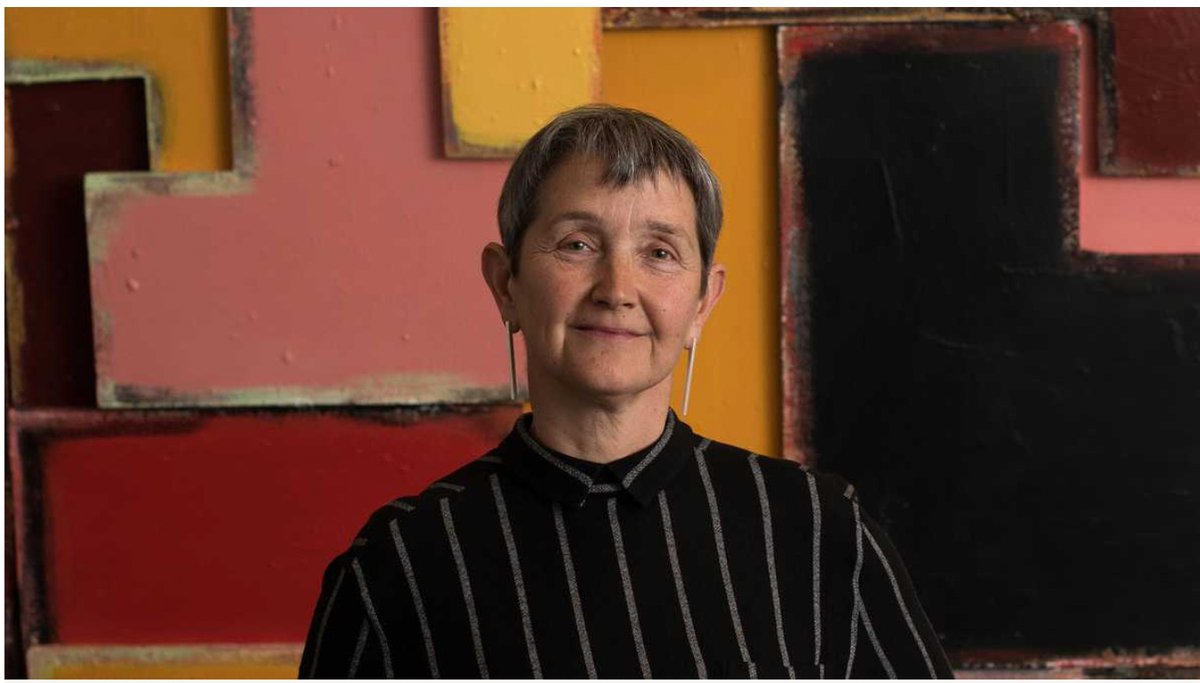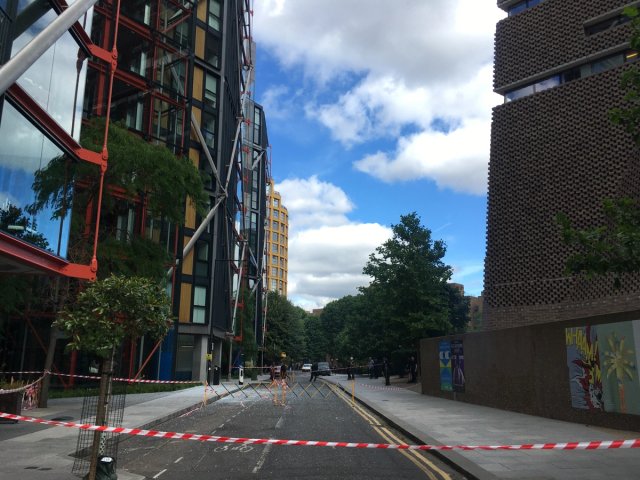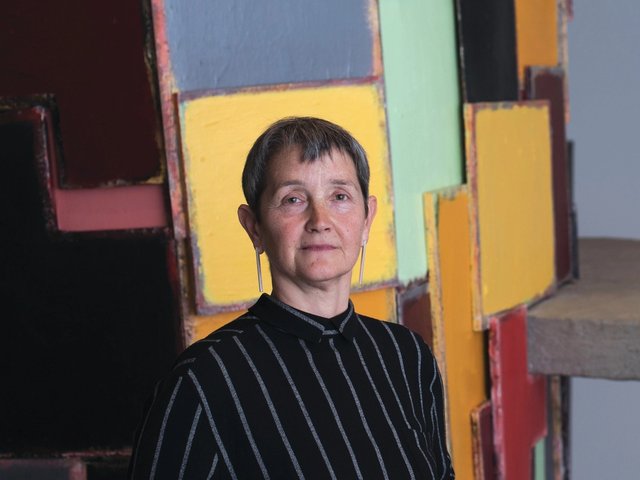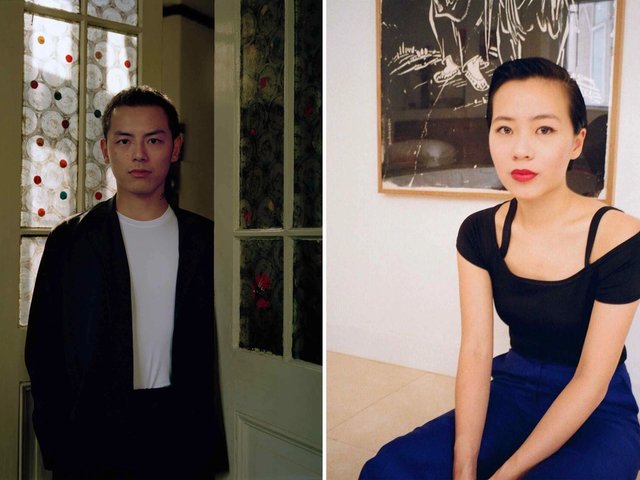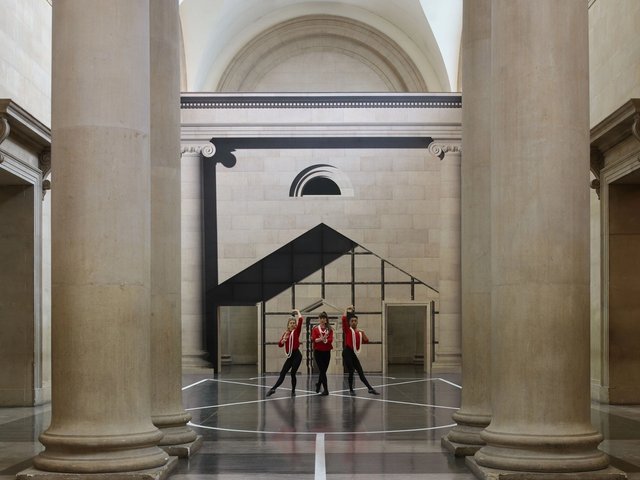Frances Morris has announced that she will step down as director of London's Tate Modern in April next year. She has served in the role since 2016, when she replaced Chris Dercon, becoming the first woman and first Briton to lead the museum.
Morris began her 35-year-long journey at Tate as a young curator in 1987. She was promoted to head of displays at the newly opened Tate Modern in 2000, and then in 2006 was appointed the director of the international art collection. In these roles she was responsible for expanding and diversifying the collection, and organising three major retrospectives on female artists: Louise Bourgeois (2007), Yayoi Kusama (2012) and Agnes Martin (2015). She also oversaw pioneering initiatives such as the opening of the Tanks in 2012, a dedicated space for performance and video art. Among her other curatorial coups was a decision to restructure the collection displays by theme rather than chronology, a strategy still employed by Tate Modern. Her first year as the museum's director saw it open a vast ten-storey extension, now named the Blavatnik Building, which added some 22,000sq. m of display and exhibition space. In 2019, Tate Modern saw record numbers of attendance.
She also helped steer the museum during several difficult periods, such as the Covid-19 pandemic and corresponding losses in revenue and attendance. The museum has faced sustained criticism in the wake of Black Lives Matter over allegedly excluding Black artists from its programme.
Morris's plans upon her departure include “curatorial projects in the UK and abroad, a book about expanding and rethinking the story of Modernism, and an ongoing involvement in the arts sector’s response to the climate emergency,” a Tate spokesperson says. She will remain as director emerita for a short period to "ensure a smooth transition to a new leadership," they add.
"As audiences flood back into the museum, this feels like a good moment to go out on a high," Morris said in a statement.
“Frances has been pivotal to Tate in so many ways, from championing women artists to expanding the international scope of our collection, and from realising Tate Modern’s radical opening displays in 2000 to overseeing the museum’s expansion and transformation in 2016," Maria Balshaw, the director of Tate, and Roland Rudd, the chair of Tate, say in a statement. "Her contribution to the organisation’s trajectory over the past 35 years is immeasurable and it has been an honour to work with her. We know she will continue to be an inspiration and friend to us all at Tate and to many others across the arts sector.”


